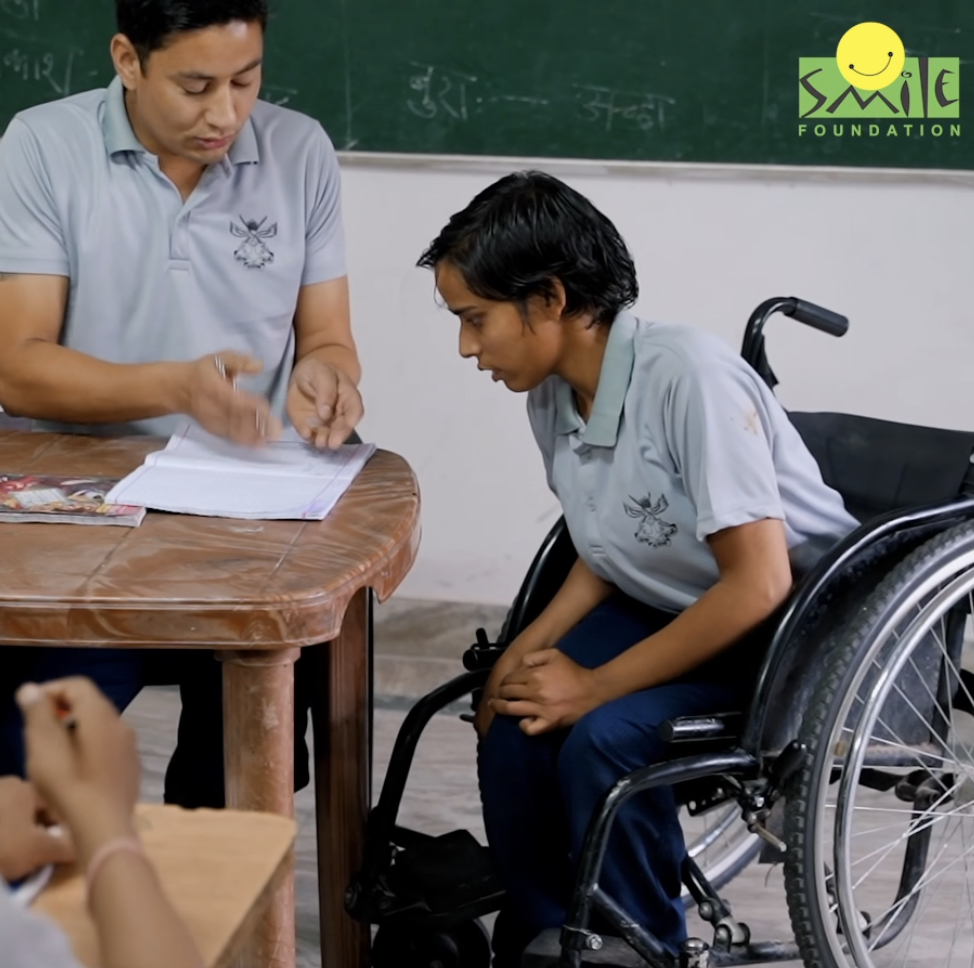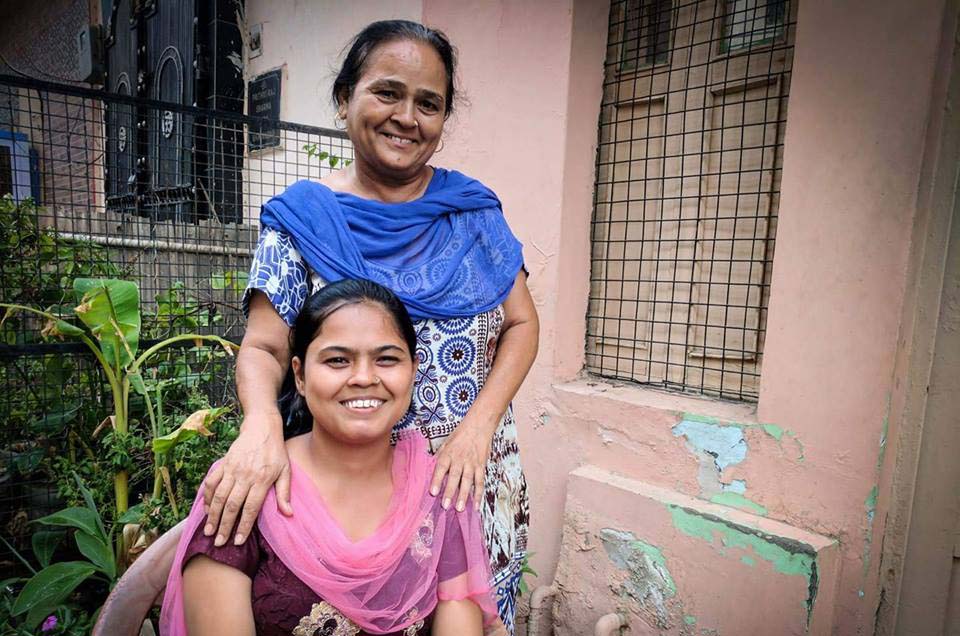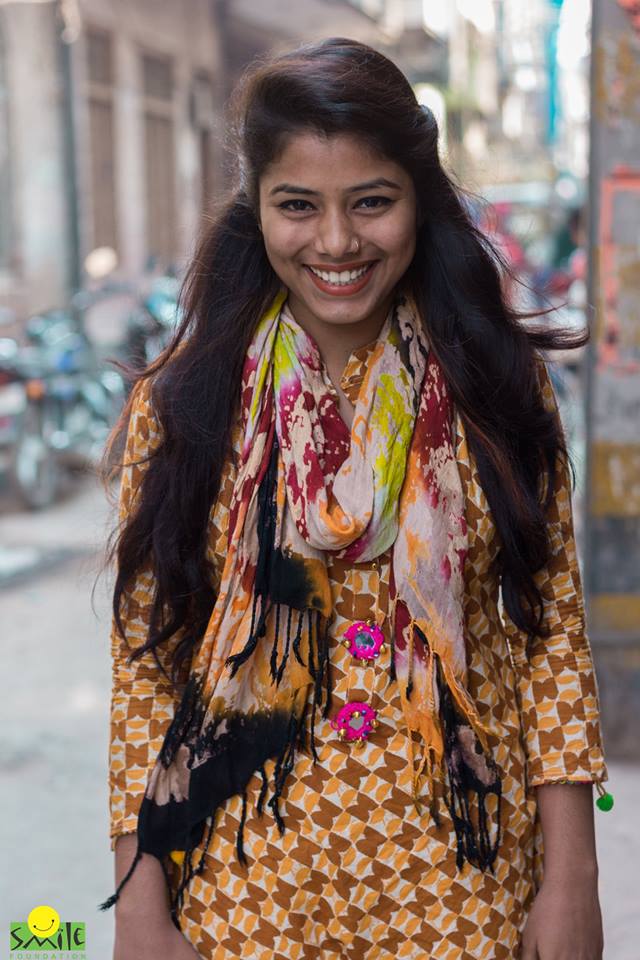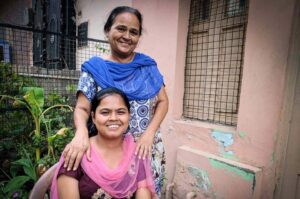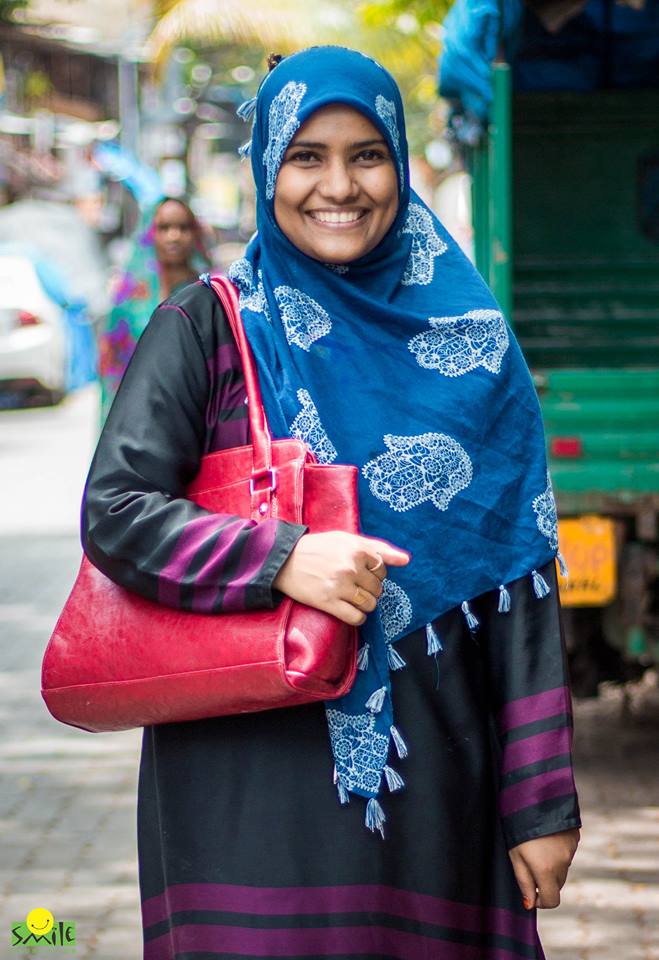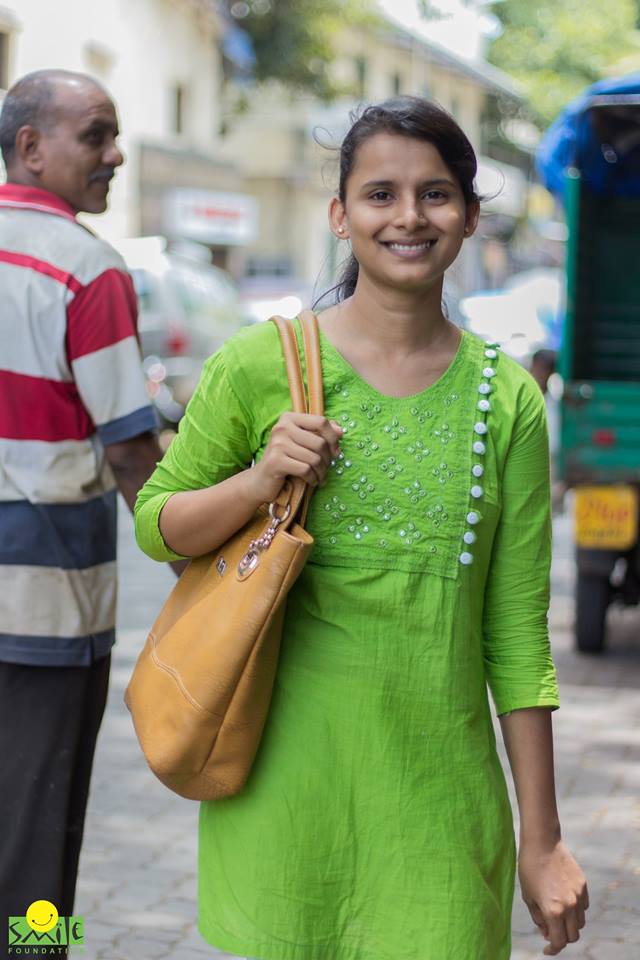“Development can only be sustainable when it is equitable, inclusive and
accessible for all. Persons with disabilities need therefore to be included at
all stages of development processes, from inception to monitoring and evaluation.”
Ban Ki Moon
The Context
People who are differently abled perceive the world quite differently from those without them. Their experiences, joys, difficulties, and more might find similar patterns with others but it would be true to say here that their journey toward independent living is filled with difficulties unimaginable for most of us. What can we do in such a case? Enrollments in online skill development courses are one way to go about it.
We can support them while they build their own bridges to get where they want to be. Sometimes, being a fully supporting character in someone’s life is more than enough.
What does Disability mean in India?
The Persons with Disabilities (Equal Opportunities, Protection of Rights and Full Participation) Act was approved by the Indian government in 1995. According to the Act, a person who qualifies as “disabled” has at least a 40% handicap, as determined by a medical authority. Such a person is also called PwD, a Person with Disability.
Additionally, there are various frameworks that are now utilised in India to describe and define disability. The United Nations Convention on the Rights of Persons with Disabilities was ratified by the Indian government.
In October 2007, (UNCRPD), according to Article 1 of the Convention, “Persons with disabilities include individuals who have long-term physical, mental, intellectual, or sensory impairments that, when combined with other factors, may prevent them from fully and effectively participating in society on an equal basis with others.”
As a result, disability is not viewed as a distinct medical illness but rather as the result of interactions between a person’s health and their environment in general.
In India, there were over 22 million people with disabilities, which is about 2.13 percent of the population, according to the Census of 2012. This encompasses those who have physical, mental, or communicative difficulties. Nevertheless, the 2009 World Bank Report estimates that there are about 6% of disabled people in India. To top it off, the World Health Organization estimates that 10% of the population is affected.
Disability is a complicated phenomenon, making it difficult to precisely estimate its prevalence through a national survey. Given these difficulties, it is not unexpected that there is disagreement over the best ways to quantify handicaps, leading to a range of numbers.
Value Proposition of Including People with Disabilities in the Workforce
Despite having a sizable population, PwDs are rarely regarded as the nation-state’s productive human resource. National states sometimes disregard the relationship between disability and poverty, which creates a vicious cycle in which people with disabilities and their families are more likely to be poor than the general population because they have fewer opportunities to earn money and higher expenditures.
The talent, hard work, and potential of PwDs in India are mostly unrealized, underutilized, or underdeveloped. Additionally, the employment and education rates for people with disabilities are significantly lower than those of other people.
PwDs are one of the poorest populations in India since there are fewer options for them to make money and more expenditures to cover. Even though work prospects have risen over the past 20 years and India’s GDP grows by an average of 6.3% percent, the employment rate for people with disabilities actually decreased.
Many not-for-profit organisations working in tandem with the rising needs of the Government of India and the nation, have been trying to skill the Indian youth from underprivileged sections to prepare them better for employment opportunities, and online skill development courses are high on their agenda.
Suggestions for the Private Sector
So how can the private sector rise up and make their workplace more diverse and representative of different communities?
According to the PwD Act 1995, the Government of India will provide incentives to the public and commercial sectors to encourage the hiring of people with disabilities. However despite the incentive program’s passage, 13 the outcomes need major improvements.
To evaluate current incentive programmes and develop new ones that will encourage the hiring of handicapped people in the commercial sector, the private sector’s engagement, in especially the business world, requires considerably more creativity and should ideally go beyond simple incentives like tax breaks and Provident Fund payments, etc.
Creating accessibility in the workplace, and providing assistive technology, gadgets, personal attendants, etc. are just a few examples of improvements and concessions that might be made to the workplace to support and promote employment for PwDs.
It’s a great idea to hold private meetings with corporations and business groups, together with an executive decision-maker, to discuss how they might help PwDs have a better quality of life. Create a composite livelihood plan as a pilot project, and appoint an impartial committee to oversee it. The committee should have suitable representation from PwDs, business entities, the government, and civil society.
Some Points for Urban Livelihoods, Self Employment and Entrepreneurship
A good starting point would be to Include the interests and needs of the differently-abled as a vulnerable group in new or current poverty reduction programmes to provide chances for livelihood (wage and self-employment) for those living in urban areas, particularly slums and from lower socioeconomic backgrounds.
Also, create incentive programmes (such as exemptions from sales tax, VAT, excise tax, and service tax) for disabled business owners, companies that employ more than 50% of disabled people, and companies that produce assistive technology or gadgets for people with disabilities.
Points for Rural Livelihoods
Under major government initiatives, like the Mahatma Gandhi National Rural Employment Guarantee Act (MGNREGA) which already includes provisions for PwDs, disability-specific sub-programmes might be launched. Disability audits should be conducted on a regular basis to make sure the programme is effective for the handicapped community. These will highlight the creases and assist in determining the best tactics for ironing them out.
Additionally, campaigns may be launched to raise awareness of the rights granted to the disabled under the programme.
In order to guarantee that the National Rural Livelihood Mission (NRLM) is inclusive with a provision for reasonable accommodations/adjustments, there should also be an extra focus on vulnerable groups like women with disabilities, etc., ensuring that 3% of the target population benefits from the scheme, and have regular reviews undertaken to determine the impact of the programme on the livelihood patterns of PwDs.
Conclusion
There are many young girls and boys who are differently-abled and can do a lot better in their professional careers and lives overall if provided the much-needed support like giving them an environment to learn new and old things 360 degrees. Online skill development courses with their advancements, especially after the pandemic, can work wonders for them too.
India indeed has a lot of work to do for the upliftment of the differently-abled.
The differently-abled must educate themselves on the newest technology of the day if they want to live a full life– a life filled with love, care, respect, dignity, and contentment. The job market’s increasing need for these abilities can keep them in demand and help them integrate into society.
Smile Foundation and Inclusive Livelihood
Smile Foundation through its livelihood programme, STeP (Smile Twin e-Learning Programme) is employing all its human and technical resources towards skilling the Indian youth from lower-income families for better employment opportunities.
Inclusive skill development is the programme’s next logical step towards broadening the scope of our livelihood-related work. Become an active agent for the nation’s economic progress aligning your CSR activities with our livelihood programme. Learn more here!



